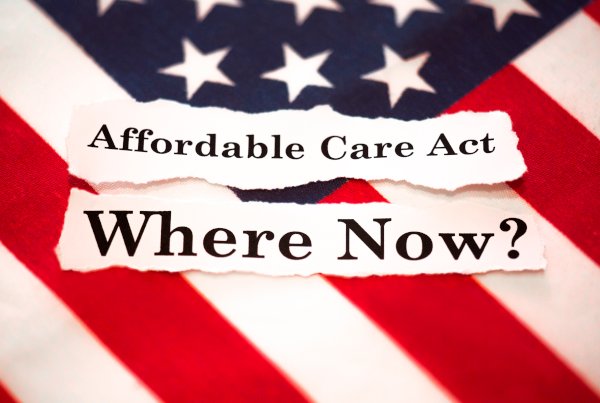H1B Health Insurance Requirements
Healthcare reform laws in the United States can be exceptionally confusing for visitors on all visa types. These requirements are clearly listed below along with your options as an H1B visa holder.
Since the passing of the Patient Protection and Affordable Care Act (commonly called Obamacare or the ACA) in 2010, the U.S. healthcare system has undergone many changes. U.S. citizens and permanent residents are now required by law to have ACA compliant health insurance coverage. For further explanation of the ACA, take a look at the Understanding Insurance section.
The treatment of H1B visa holders under the ACA is determined by their federal tax status — while still a "non-resident alien" for U.S. tax purposes, H1B holders are not obligated to maintain ACA coverage. Once they become a "resident alien," H1B visa holders then become subject to the ACA, just like a U.S. citizen or permanent resident.
When searching for health insurance as an H1B visa holder, there are two important time periods to keep in mind:
Non-Resident Alien Status (first 6–10 months), Not Subject to ACA
There are two common paths to an H1B visa — those already in the U.S. as an international student, who then participate in OPT, and then have an employer sponsor them for an H1B; and those freshly arriving in the U.S. on an H1B visa. In both cases, there is a period when your H1B visa has just begun, when you are still a "non-resident alien" and therefore will not yet be subject to the ACA. Generally this period will last 6 - 10 months, but the exact point at which you transition from a "non-resident alien" to a "resident alien" will depend on when you arrived in the U.S. and when you lost your student status. To help determine your status, a technical analysis involving the "Substantial Presence Test " is used.
Insurance Options for Non-Resident Alien Period:
Buy an International Health Insurance Policy
While still a non-resident alien, there are many good international insurance options available to you, many of which are offered on this page. These plans are designed for short-term coverage and will work well until you are eligible for your employer's insurance or for Marketplace coverage.
Resident Alien Status, Subject to ACA.
Once you become a resident alien, you become subject to the ACA just like a U.S. citizen or permanent resident. Options for ACA compliant insurance are more varied; we detail two options below: employer-sponsored insurance and insurance through the state and federal exchanges. The third option below is non-ACA coverage — an option while waiting for your employer's plan to kick in, or while waiting for open enrollment for Marketplace coverage. Also, sometimes individuals subject to the ACA prefer non-ACA coverage and purchase such a plan anyway, typically healthy people who want to save money on their insurance. While this is a personal choice, be aware of what that may mean for your tax return.
Insurance Options for Resident Alien Period:
-
Option 1: Get Health Insurance Through Your Employer
While not always a possibility, obtaining insurance through the company that you work for is an easy way to ensure you have appropriate coverage that also meets ACA requirements. Many employers in the U.S. provide health insurance to their employees, including foreign workers on H1B visas. You should discuss health insurance directly with your employer — here are some important questions:
- How much do they pay towards it, and how much will you have to pay?
- What is the waiting period before your coverage starts? (You should purchase a short-term plan to cover you during any waiting period.)
- What is the coverage and what are the out-of-pocket costs (like deductibles, office co-pays and co-insurance)? For this question, your employer should have a plan summary available for you.
-
Option 2: Purchase A Plan On The Marketplace
If your employer does not offer insurance or the price is too high, resident aliens have the choice of buying an insurance plan on the Marketplace. In a nutshell, the Marketplace is a term used to describe the website HealthCare.gov where you can shop for health insurance plans that meet all of the requirements of the ACA. After selecting your state, entering your zip code, and creating an account, you will be able to compare insurance options available in your area — all of which are compliant with the ACA.
ACA plans are only available for purchase during the open enrollment period. This means that you can only purchase one of these insurance plans from November 1st to January 15th every year. Outside of the open enrollment period, you can only purchase ACA-compliant plans if you have a qualifying life event, such as a marriage, divorce, birth or loss of insurance. If you are outside of this window and still need coverage, your only option may be a short-term insurance plan.
-
Option 3: Buy A Short-Term Plan
While it is never ideal, you do have the option to purchase a short term insurance plan. When you may choose to buy a short term plan:
- If the marketplace is closed
- If your employer doesn't offer health insurance
- If there is a waiting period before you can enroll on your employer's plan

